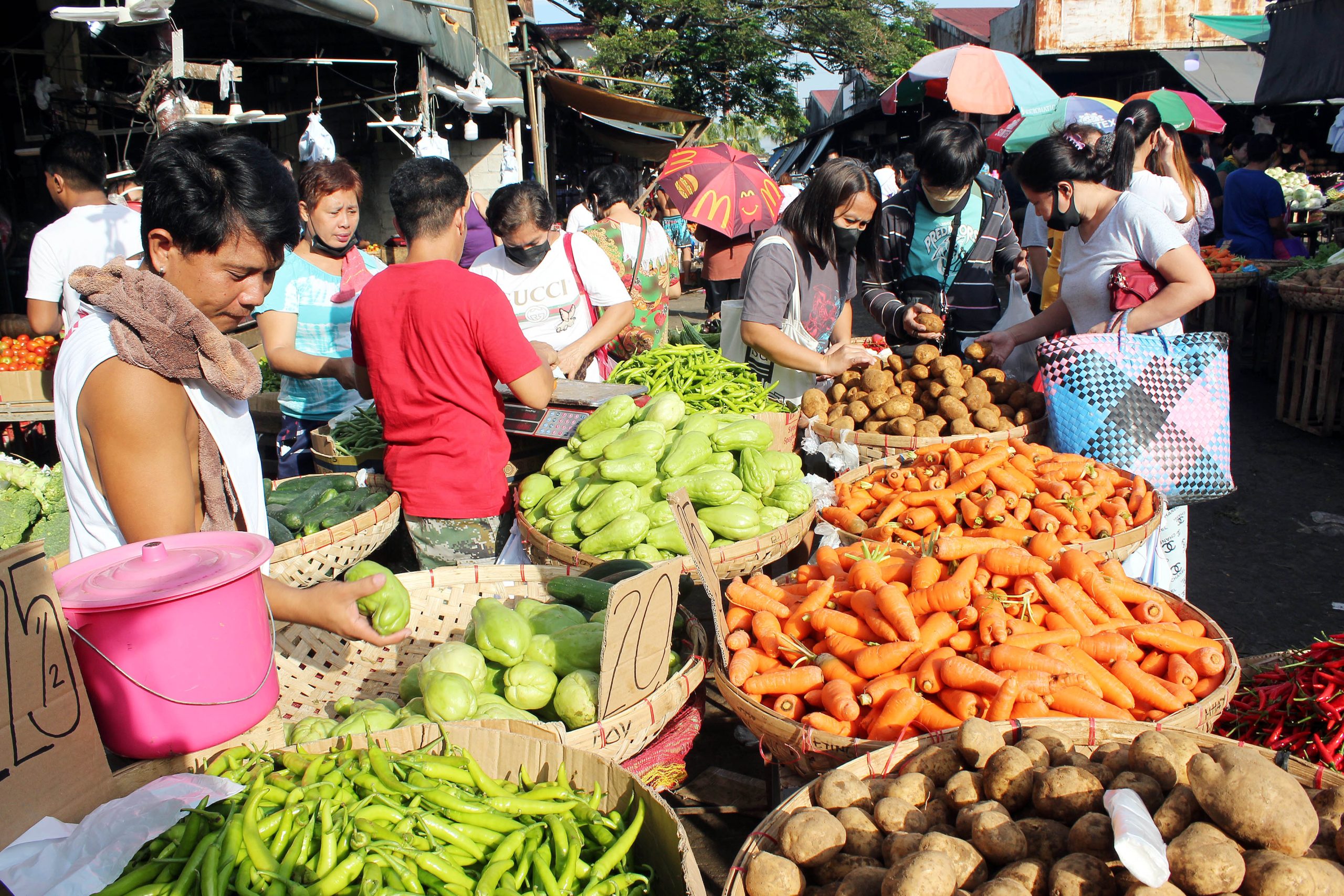News
Seized smuggled onions to be donated to Kadiwa stores

FILE: Customers buy potatoes, sayote, and other vegetables at the Kadiwa market in the City of Dasmarinas, Cavite on Tuesday (Oct. 18, 2022). (PNA photo by Gil Calinga)
MANILA – The Bureau of Customs (BOC) is mulling to donate the remaining shipments of seized agricultural products, including onions, to Kadiwa stores.
At the Kapihan sa Manila Bay Wednesday, Commissioner Yogi Filemon Ruiz, said more than 500 container vans of smuggled agricultural items are still at ports where they were confiscated.
“I have been part already of a series of meetings regarding that. The BOC is very much open to sell…not only sell. Let’s remove the word sell, the BOC is open to donating it to the Kadiwa stores,” Ruiz said.
The Marcos administration has launched the Kadiwa program to enable the public to buy agricultural products at lower prices amid the rising prices of basic goods.
The Kadiwa stores of “Kadiwa ng Pasko” program allow farmers, fishermen and microentrepreneurs to sell their products directly to the public.
Ruiz said donating the seized products would help the “Kadiwa ng Pasko” program of the president, adding that it is better to utilize the seized agricultural products instead of destroying them.
However, these items should undergo a thorough inspection to determine if they are safe for human consumption.
“We leave it to their discretion if they can attest that these products are fit for human consumption, then much better. We are very much open to that,” Ruiz said.
There were 600 questionable shipments that BOC seized during the past months, and 41 of these had been turned over to the Department of Social Welfare and Development.
He said the agency is trying to expedite the processes of disposing of through donation of the seized shipments.
“It’s already being processed. We asked for your understanding as there are certain processes that we have to follow. But if you take a look at what we are doing right now at the BOC, it’s being expedited,” he said, noting that there are items that need to be disposed of immediately since they are perishable.
Meanwhile, Ruiz said BOC surpassed its annual revenue target of PHP721.52 billion when it collected a total of P851 billion in revenues from January to December 27.
“We are ending the year with so much surplus. This will translate to more projects, more services that the government can deliver by maintaining peace and order, construct more infrastructure projects, especially our roads, to build more classrooms and for the government to cash aid those who are in need,” Ruiz said.
Three ports– the Manila International Container Port, and the Ports of Batangas and Limay – posted as the top three highest revenue earners.
Meanwhile, Department of Agriculture (DA) Assistant Secretary Rex Estoperez on Wednesday said the Department of Trade and Industry, Bureau of Plant Industry and BOC will still determine if no laws would be violated in case the seized red onions will be sold in the market.
He said the DA is also studying the price and cost structure of the commodity to determine the right suggested retail price of onion, which is currently placed at PHP170 a kilo.
To date, the price of red onion ranges from PHP400 up to almost PHP600 per kilo in public markets.
Estoperez said although there are ongoing harvest of the produce, it is not enough to bring down its prices.
“There is supply, but it is not enough, it is not enough to pull down the prices,” he said in a phone interview.
He said farmers also increased the farmgate price of onion — from PHP120 per kilo to PHP300 a kilo.
By January next year, the DA estimates the price of onion at PHP200 to PHP300 a kilo. (With reports from Lilybeth Ison/PNA)





















